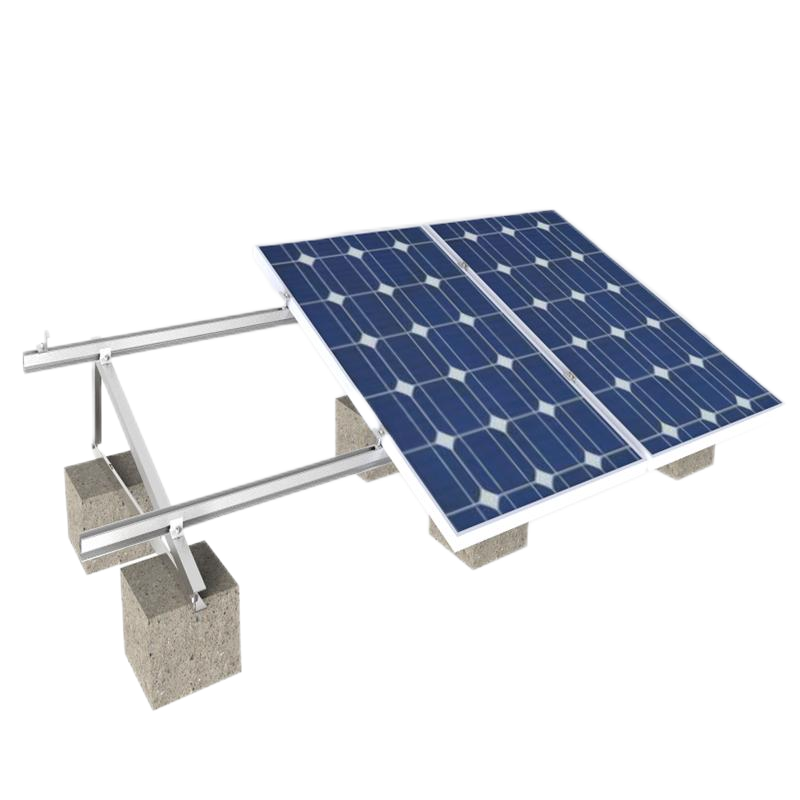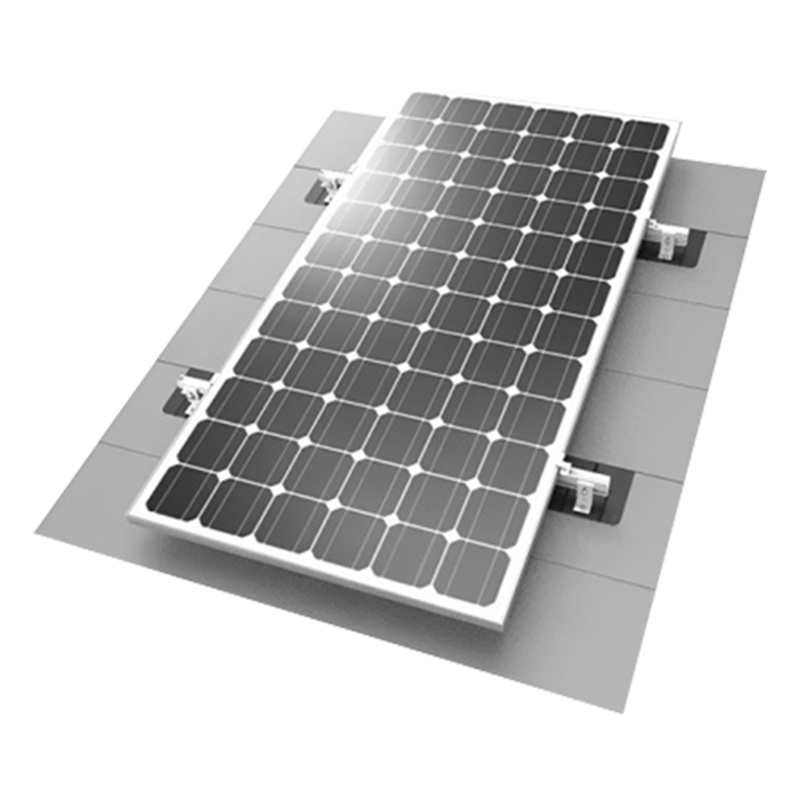Europe's 2030 renewable energy generation target increased to 42.5%
2023-09-19
The European Parliament has approved the recently updated Renewable Energy Directive, which will increase the share of renewable energy generation in Europe to 42.5% by 2030 and encourage EU member states to work towards a higher target of 45%.
The updated legislation was passed by an overwhelming majority in the European Parliament, with 470 votes in favour, 120 against and 40 abstentions. The next step will be for the Council of the European Union to formally approve the legislation into law.
In March, the European Parliament and the European Council provisionally agreed to increase the EU's binding share of renewable energy generation from 32% to more than 42.5% by 2030.
One of the key provisions of the revised directive is to simplify the procedure for granting permits for new renewable energy projects. This includes photovoltaic modules, wind turbines, and modifications to existing power generation facilities. The legislation states that EU member states should not approve the development and installation of renewable energy projects in designated "renewable energy development areas" for more than 12 months. The approval process for projects outside these areas should not take longer than 24 months.
Meps also voted to set indicative targets for innovative renewable energy technologies, ensuring that more than 5% of installed renewable energy is innovative. In addition, a binding framework has been established for cross-border energy projects.
To prevent unsustainable practices, the directive introduces more stringent standards for the use of biomass energy. This includes guidelines to ensure that biomass harvesting methods do not negatively affect soil quality and biodiversity, thus safeguarding the EU's commitment to sustainability.
Markus Pieper, chief Member of the European Parliament, said: "Our priorities include wind power, photovoltaic power, hydropower, geothermal energy and tidal energy. Biomass such as wood will still be classified as a renewable energy source. Under the principle of 'positive silence', investment in these projects will be considered approved without administrative feedback. We now urgently need to design the EU electricity market and move immediately to hydrogen energy for a greener transition."
The transport sector is the focus of the European Parliament's renewal of this directive, which aims to reduce greenhouse gas emissions by 14.5% by 2030. This will be achieved by increasing the use of advanced biofuels and setting higher quotas for renewable fuels from non-biological sources, such as hydrogen.
The approval of this legislation marks an important step towards achieving the EU's ambitious climate goals, as outlined in the 'Fit for 55' package. The plan brings existing climate and energy legislation in line with the EU's goal of reducing greenhouse gas emissions by more than 55 percent by 2030.
In addition, the legislation aims to reduce Europe's dependence on imported fossil fuels, especially in light of recent geopolitics following the Russia-Ukraine conflict.
In March this year, the European Parliament adopted the revised Building Energy Performance Directive, which requires all new buildings in EU member States to install rooftop photovoltaic systems by 2028, and all renovated and retrofitted residential buildings to install rooftop photovoltaic systems by 2032.
Europe and Asia will face higher energy prices in coming years if funding for decarbonisation is delayed, according to a study published by Legal and Genera Investment Management.
Related Information










